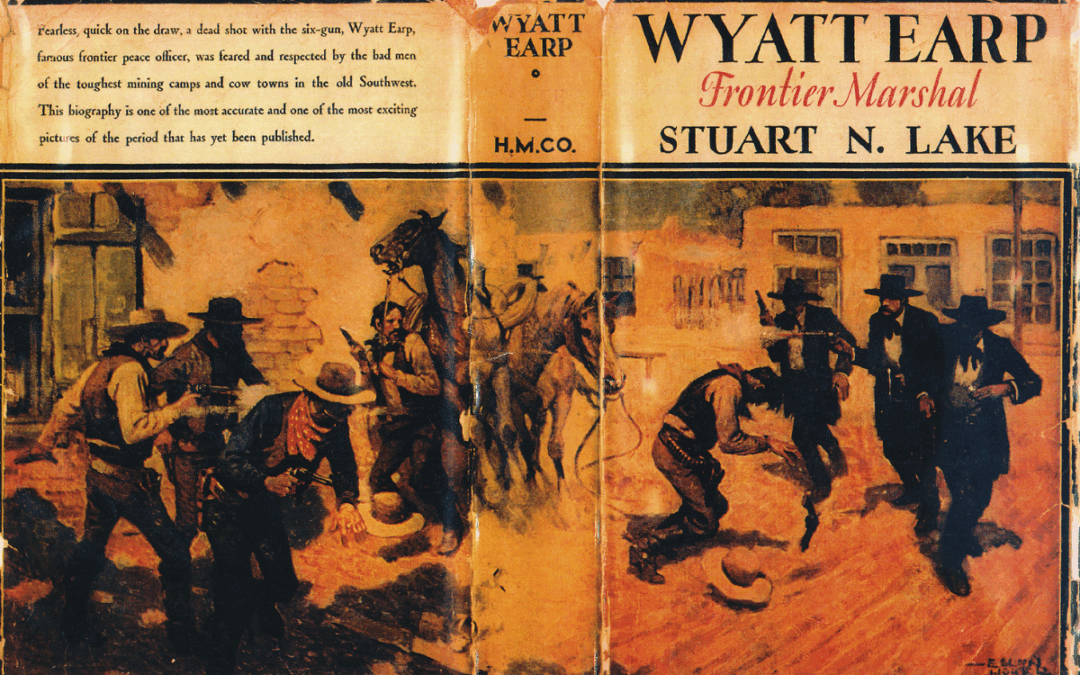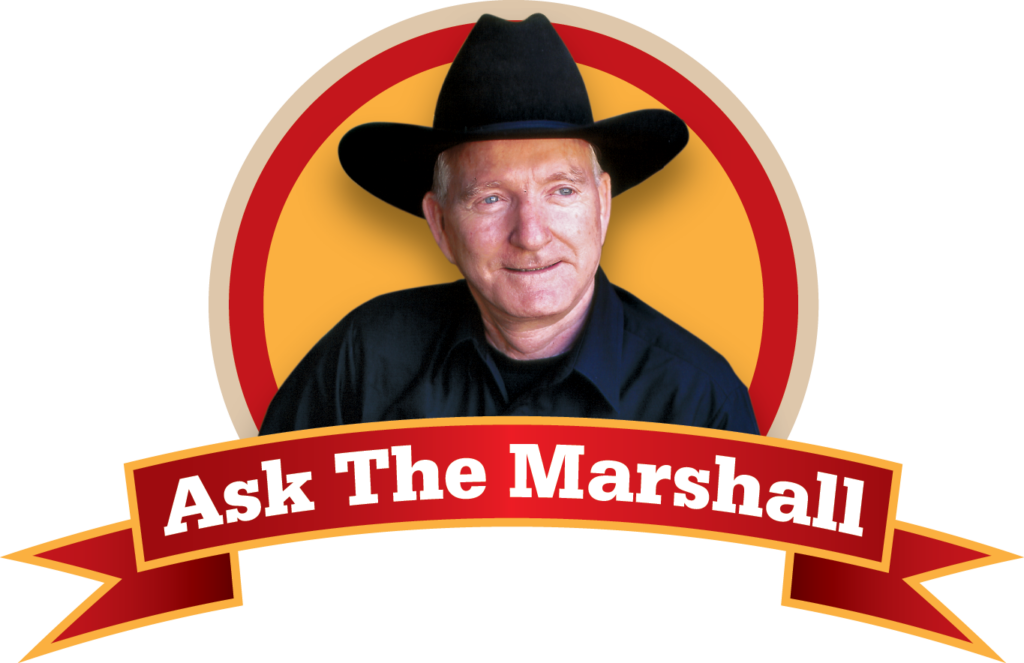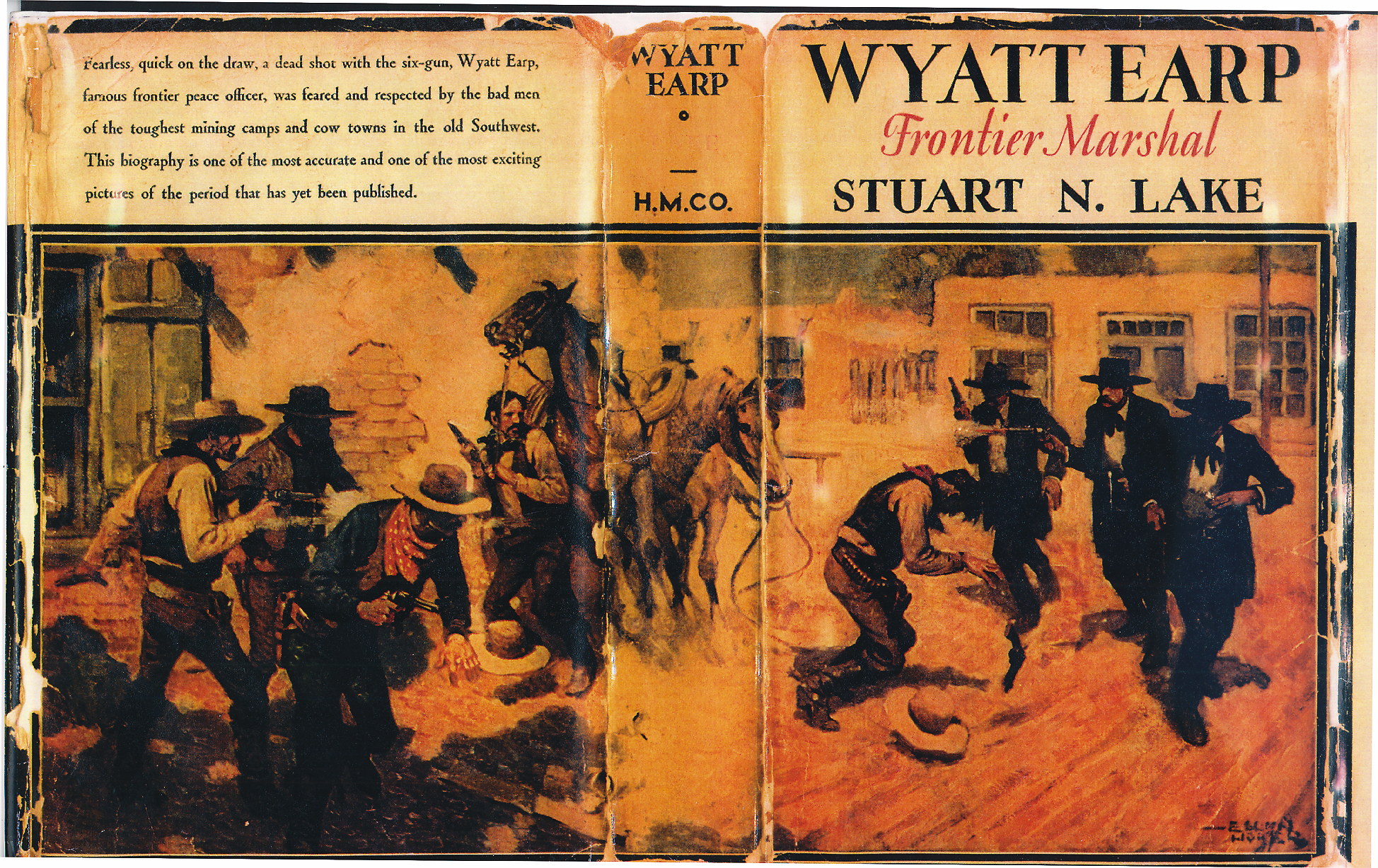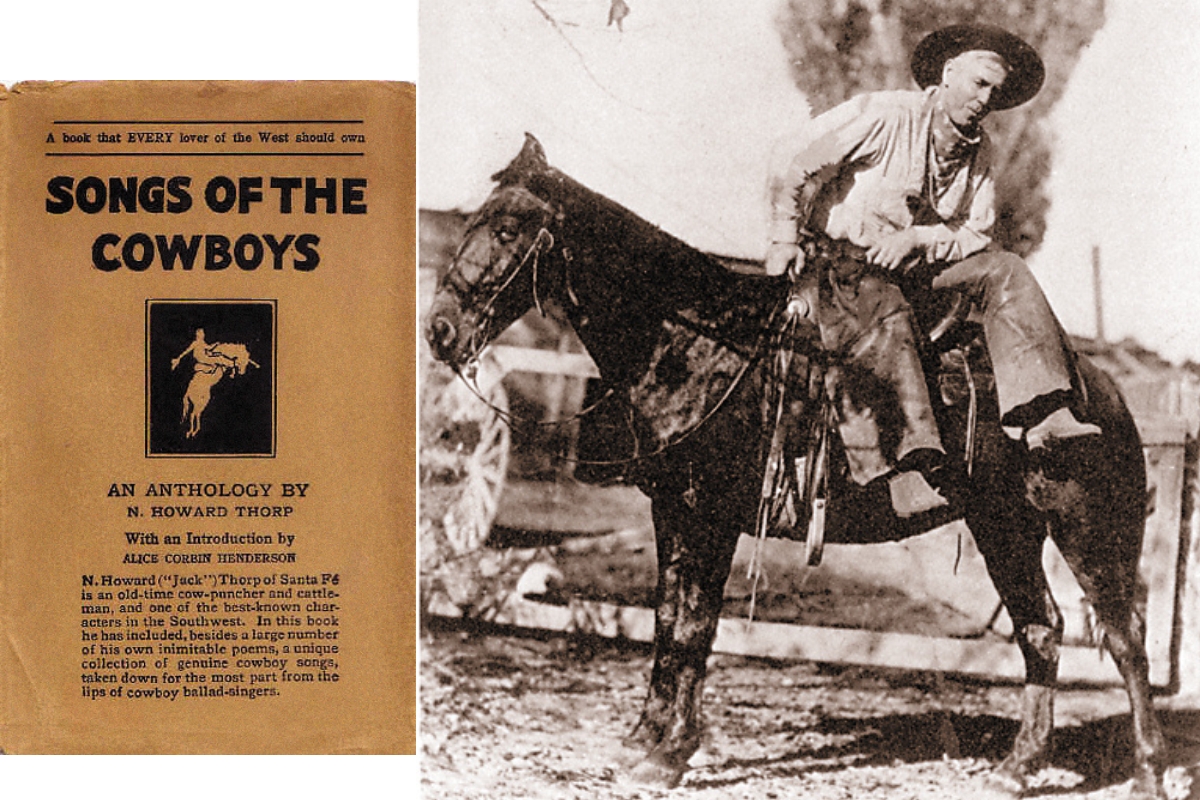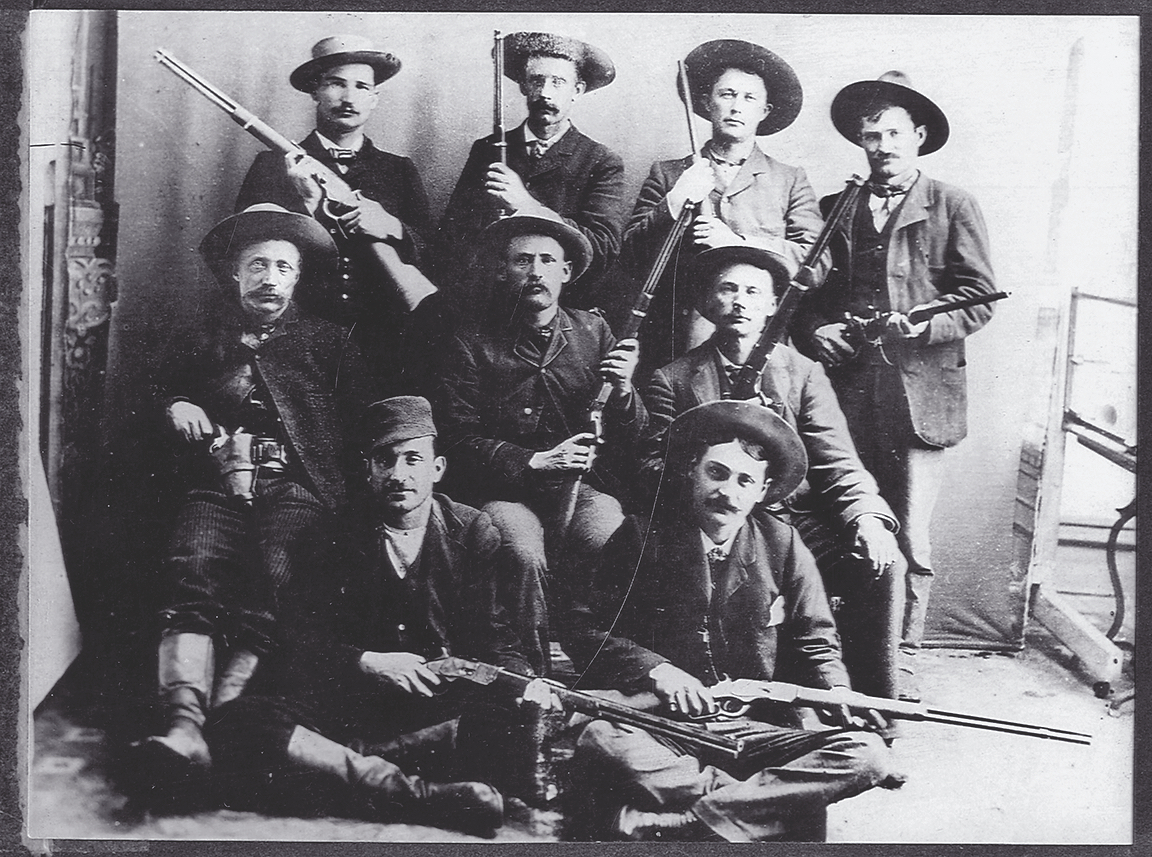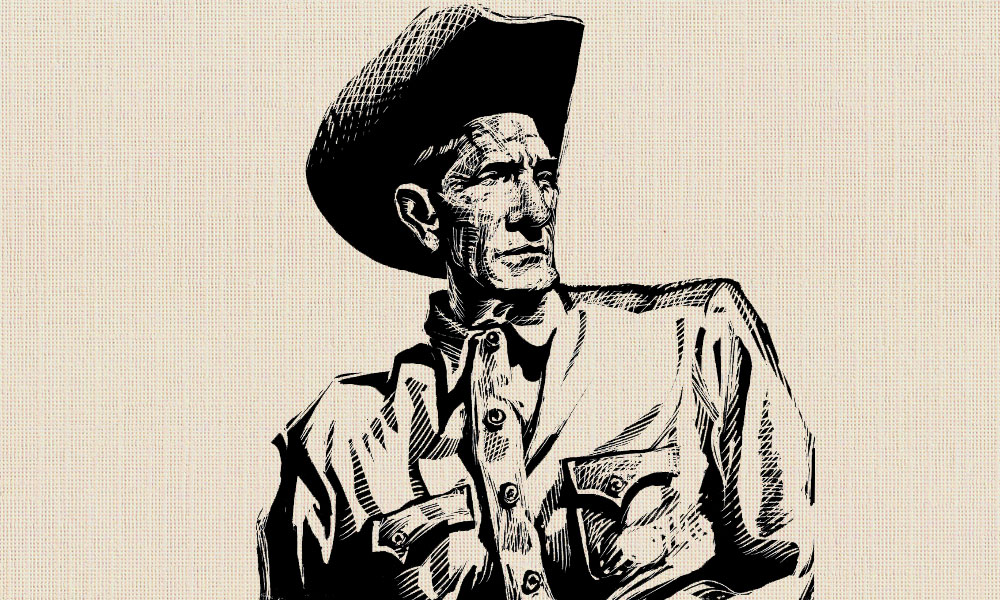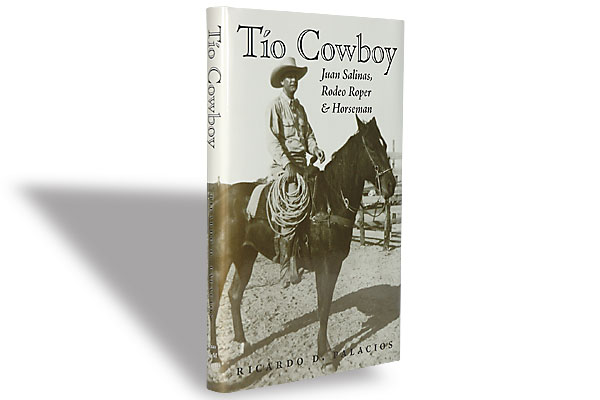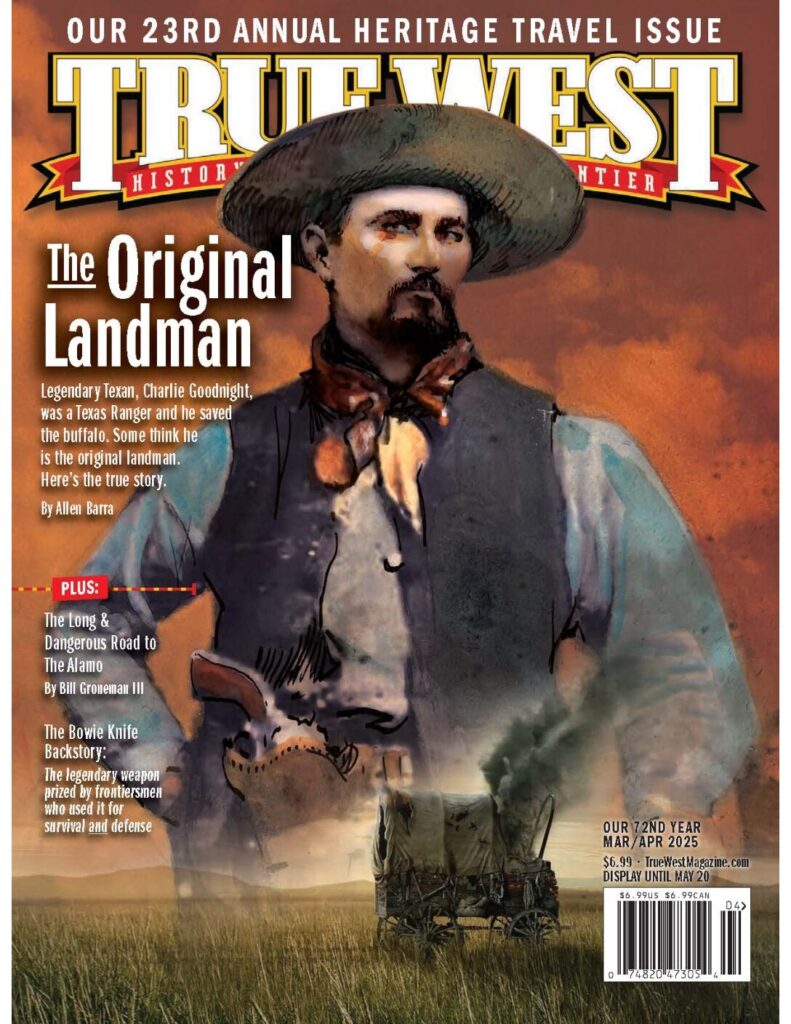What are your thoughts on Stuart Lake’s book Wyatt Earp, Frontier Marshal?
Josh Taylor Austin, TX
Much of Lake’s book comes from the fertile mind of Lake, but to his credit, it made a Western legend out of Wyatt. Lake also had to deal with Sadie Earp, who was a constant thorn in his side while he was writing Frontier Marshal. She was hell-bent on making Wyatt a legend, forbidding Lake from writing anything about his jaded past (or her own shady story). He also had a difficult job in interviewing Wyatt, who left him to fill in many of the missing parts of his life. So, Lake had to be creative.
Old West books indicate that there were two main reasons why cattle didn’t eat on pastures where sheep had passed: one, because sheep ate the grass to the roots, leaving nothing of it to the cows; two, that the scent of the sheep kept cattle away and prevented the cows from eating any grass. Which one is the right one? Can both be true statements?
Mario Raciti Aci Catena, Sicily, Italy
Today it’s common to see cattle grazing with sheep flocks nearby, but a century ago that wasn’t thought possible. Historically, cattlemen believed that sheep had a gland between their hooves that exuded a substance that sterilized the ground. They also believed that sheep, with their sharply pointed hooves, cut the range grasses and made the ground stink so the cattle wouldn’t use it. Cattlemen also believed that sheep grazed the grass so close to the ground that there was nothing left for grazing. Cattle ranchers eventually came to realize that sheep and cattle could share the grazing ranges and there were advantages to raising them.
They could be sheared once a year. There is always a market for wool. But for some ranchers, the old ideas still hold sway.
The cowboy song “Little Joe the Wrangler” says he died in a cattle stampede. One version says they camped by the Pecos River; another claims it happened by the Red River. Can you tell me where the stampede happened?
Charlie Thorne Newton, KS
A cowboy named Jack Thorp wrote “Little Joe the Wrangler” in 1898 while helping trail a herd from Chimney Lake, New Mexico, to Higgins, Texas. Sitting around the campfire one night, he scribbled the words on an old paper bag. It was about a wrangler he knew, and it was sung to the tune of “Little Old Log Cabin in the Lane.” It began to circulate around the cattle camps after he sang at a saloon in Weed, New Mexico. It was first published in 1908 in Thorp’s book, Songs of the Cowboys. In the original lyrics Thorp writes, “We’d driven to Red River, the weather had been fine. We were camped down on the south side in a bend…” That when the norther started blowing and the cattle stampeded. Songs like “Little Joe” and Curley Fletcher’s “Strawberry Roan” drifted around the West; the lyrics were often localized and adapted to another horse and location, hence the version that mentions the Pecos River.
When the pioneer women were crossing the Great Plains—where there were no trees—how did they find a private place to pee?
Betty Larson Newton, KS
Come potty time on the lone prairie, the women went out in a group and formed a large circle and spread their skirts. One or two would enter the circle, squat and do their business (unencumbered by panties). After each had their turns, they would return triumphantly to the wagon train.
In Western novels and movies, it seems that every time outlaws commit a crime in town, a posse is raised in order to chase after them. How often was a posse actually used in the real West?
Andy Barrett Peoria, AZ
In some of the most notorious towns such as Bodie, California, where robbery was frequent, there might be a voluntary posse on call. In other places and situations, a posse would be raised after a robbery or when a citizen was shot. The size of the group varied, based on the size of the town and the number of available men. There usually was a daily nominal fee paid to the possemen. For some, going after outlaws was an adventure. Some posses stayed on the trail for hundreds of miles and weeks on end. Others made a cursory search that ended hours or a few days before returning to town. Medicine Lodge, Kansas, citizen’s posse that captured Henry Brown and his gang in 1884.

